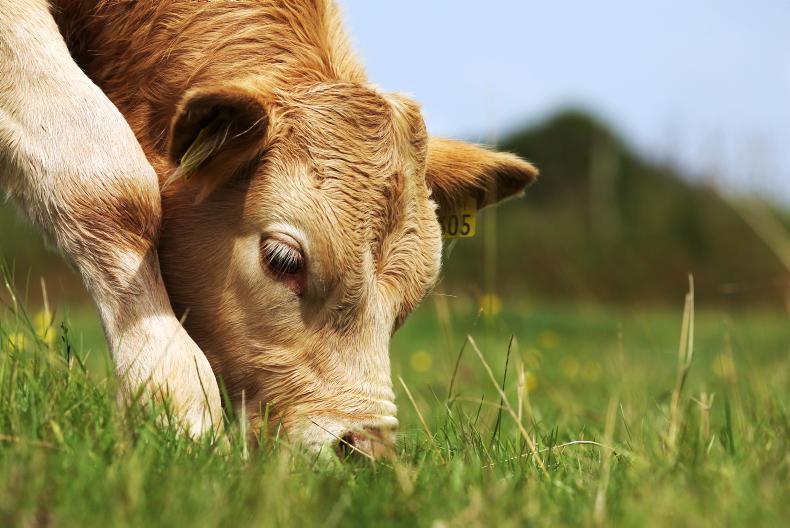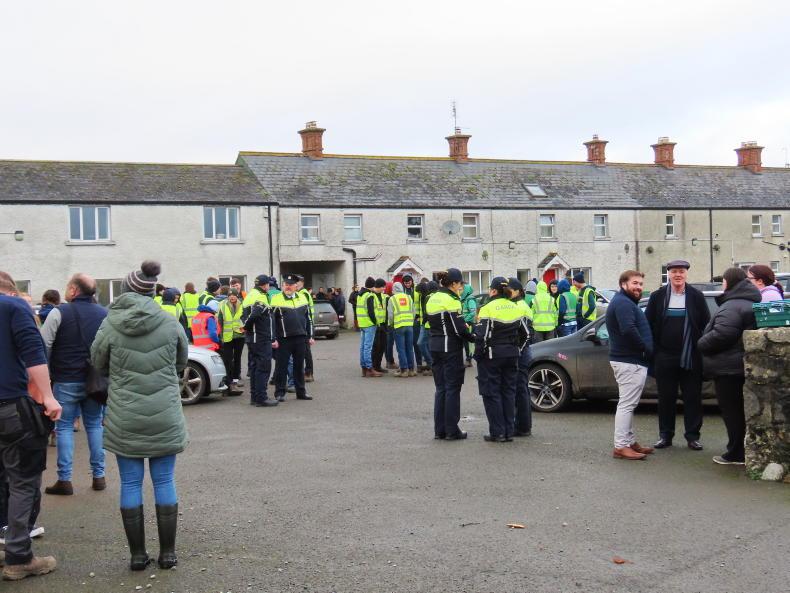Farmers will know at the end of 2017 the level of payments available to support heat generation from renewable sources including biomass, heat pumps and anaerobic digestion, with applications due to open next year.
The timeline emerged from presentations by Minister for the Environment Denis Naughten and his officials at the Energy in Agriculture conference in Gurteen College on Tuesday.
The minister said he would bring the proposal to Cabinet in early September before asking for clearance from the European Commission.
The scheme will exclude residential uses, instead targeting small- and medium-sized professional users. Pig and chicken farms as well as local enterprises and public buildings will receive payments based on metered output of heat generated from renewable sources. Energy efficiency obligations such as insulation will be a factor.
When they are not using renewable heat in their own buildings to claim the incentive, farmers may benefit from the growing demand for biomass, such as wood chips, and biogas from anaerobic digestion of slurry, grass or waste.
Minister Naughten said energy crop production may focus on the west, because of the “variable weather conditions that farmers have found very difficult in relation to their crops, so this may be an option for them to grow willow or miscanthus”.
Listen to an interview with Minister Naughten in our podcast below:
He also announced a public consultation on a renewable electricity support scheme, including ways to involve farmers and communities in solar or wind projects and small-scale generation from on-farm devices.
Read more
Straw not main focus for Bord na Móna
Editorial: Naughten warming up slowly on RHI
Matt Dempsey: real policy decisions postponed
Farmers will know at the end of 2017 the level of payments available to support heat generation from renewable sources including biomass, heat pumps and anaerobic digestion, with applications due to open next year.
The timeline emerged from presentations by Minister for the Environment Denis Naughten and his officials at the Energy in Agriculture conference in Gurteen College on Tuesday.
The minister said he would bring the proposal to Cabinet in early September before asking for clearance from the European Commission.
The scheme will exclude residential uses, instead targeting small- and medium-sized professional users. Pig and chicken farms as well as local enterprises and public buildings will receive payments based on metered output of heat generated from renewable sources. Energy efficiency obligations such as insulation will be a factor.
When they are not using renewable heat in their own buildings to claim the incentive, farmers may benefit from the growing demand for biomass, such as wood chips, and biogas from anaerobic digestion of slurry, grass or waste.
Minister Naughten said energy crop production may focus on the west, because of the “variable weather conditions that farmers have found very difficult in relation to their crops, so this may be an option for them to grow willow or miscanthus”.
Listen to an interview with Minister Naughten in our podcast below:
He also announced a public consultation on a renewable electricity support scheme, including ways to involve farmers and communities in solar or wind projects and small-scale generation from on-farm devices.
Read more
Straw not main focus for Bord na Móna
Editorial: Naughten warming up slowly on RHI
Matt Dempsey: real policy decisions postponed









SHARING OPTIONS